一档节目引发的“娘炮之争"
中国日报网 2018-09-13 17:30

最近,央视的《开学第一课》节目引发了不少争论,连新华社和《人民日报》都加入了。
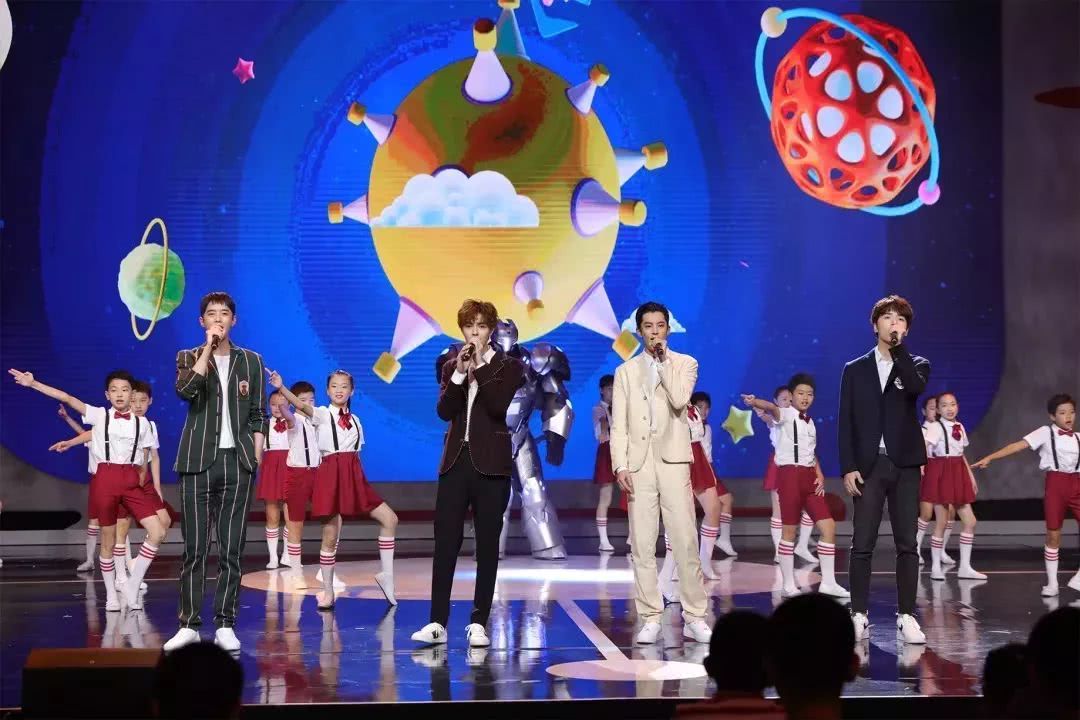
A heated debate on China's new feminine-looking male celebrities has flooded Sina Weibo, China's Twitter-like social media platform, as CCTV aired four young male singers in its television special First Class of the New Semester on Sept 1.
央视9月1日播出的电视特别节目《开学第一课》中有四位年轻男歌手表演,之后有关阴柔男星的热烈讨论席卷了微博等国内社交媒体平台。
"娘炮"的英文可以用sissy来表达。这个词虽然长得很像形容词但却也可以当名词用,所以 "He is a sissy(他是个娘炮)." 其实是正确的。当然,你也可以拿 sissy 当形容词用,比方说,"I'm not playing that sissy game with you (我才不跟你们玩那些女生玩的游戏呢) ."
这台电视特别节目由央视和教育部联手制作,特别为我国小学生打造,要求全国大部分小学生必须观看(be compulsory for most of the country's elementary students)。愤怒的家长以激烈的言辞痛批这些年轻明星(harshly criticized the youthful celebrities),用"不能生孩子的漂亮女孩"一类词语嘲讽他们,并呼吁有关部门封杀娘娘腔明星(call on authorities to ban the effeminate stars),以防下一代有样学样(in case the next generation would adopt their example)。
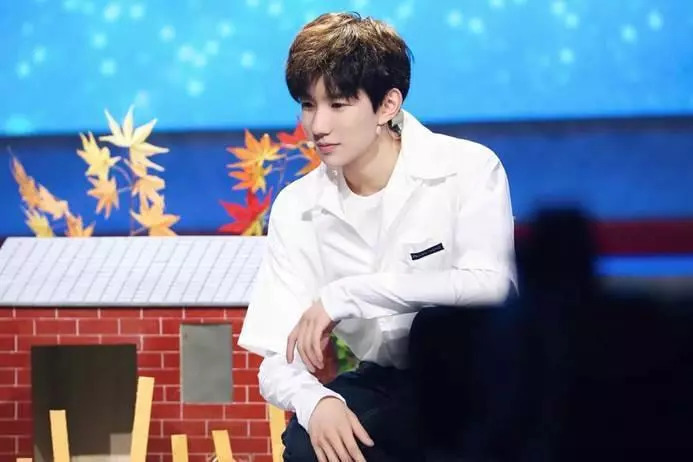
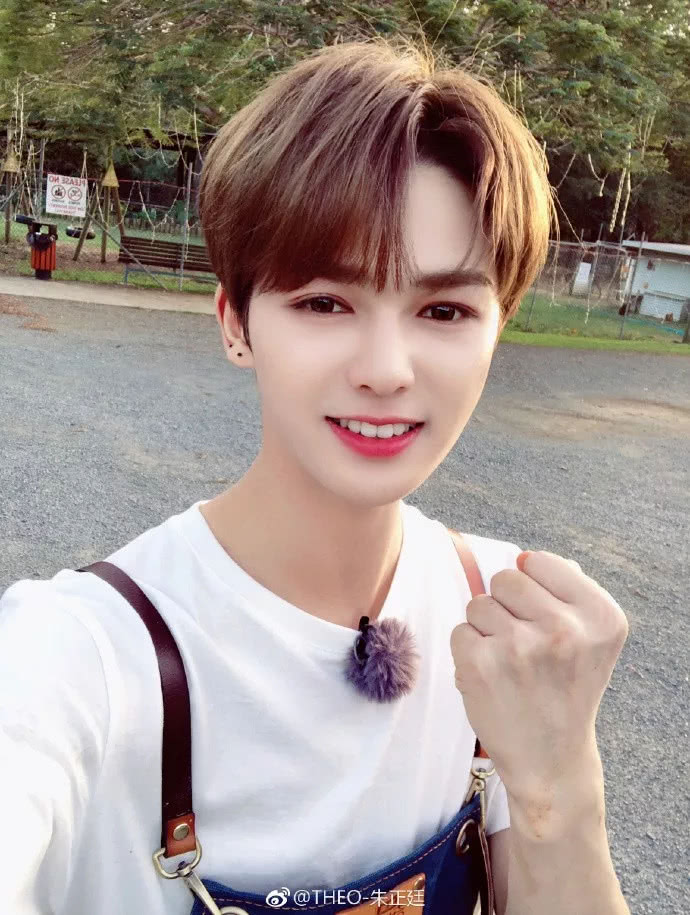
冯先生是一名五岁男孩的父亲,他表示自己很担心儿子在娘炮明星的影响下,在学校的言行举止会非常娘娘腔( behave in a feminine way in school)。另一些声音则敦促社会应尊重人们对娘娘腔或男子气概选择的权利(respect people's rights to be as feminine or masculine as they choose)。
"It is important to stay true to your heart," said a mother of a 4-year-old boy, adding, "I will give my son all my support as long as he chooses a path he likes."
一名4岁男孩儿的妈妈称,忠于内心很重要,只要我儿子选择他喜欢的路,我就予以全力支持。
网友观点PK: 对"娘炮"的批评都源于"性别刻板印象?
新浪微博一位网友评论称,如果一个男人想要打扮成女人的模样,我会予以尊重。但这不应该是主流审美(mainstream aesthetic),公众人物(public figures)尤其应当避免这么做。
但有些网友称,这类观点属于性别刻板印象,缺乏多样性(such views fall into gender stereotyping and lack diversity)。微博用户Huiyu评论称:"对于男性之美或阳刚之气不应只有一种标准(there should not be only one standard on male beauty or masculinity)。你可以选你喜欢的,也应容忍别人喜欢的,这就够了。多样使世界美好(diversity makes the world beautiful)。
"Requiring that boys have to be masculine is like saying girls must be sweet and gentle," another netizen commented.
另一位网友则评论称,要求男孩子具有男子气概,就跟说女孩子必须温柔可爱一样。
主流媒体加入论战 新华社VS人民日报
新华社9月6日发表评论员文章对这些娘炮偶像进行痛批,称如果我国年轻人效仿这些流行偶像的言语或衣着方式(follow the way these pop idols speak or dress),则他们将面临一场阳刚危机( a crisis of masculinity)。
这篇文章写道:"他们看起来性别模糊(look androgynous)却妆容精致(wear delicate makeup),长身玉立却如弱柳扶风(they are slender and weak),动辄把"讨厌(Oh, charming)","吓死宝宝了(I'm scared to death)","小拳拳捶你胸口"挂在嘴边;他们既在电影电视中这样演,在综艺节目和日常生活中也同样"入戏"……
"The impact this sick culture will have on our young generation is immeasurable," read the commentary.
该文章指出:"这种病态的文化对年青一代的影响是不可估量的。"
"The youth are the future of the country… What a country's pop culture embraces, refuses and conveys is something that matters to the future of a country."
青少年是国家的未来……一个国家的流行文化拥抱什么、拒绝什么、传播什么,是关系国家未来的大事。
就在新华社论发表数小时后,《人民日报》发文呼吁人们对审美标准的多样性予以理解和尊重(call for people to understand and respect diversity in aesthetic standards)。
It said that whether a person chooses to be dainty or unkempt, it is that individual's own choice and a rational, mature and permissive society should be inclusive.
文章指出,精致细腻也好,粗枝大条也好,都是一个人审美的选择,一个理性、成熟、宽容的社会理应包容。
这篇文章写道,判断一个人,应当通过品行而非外形(judge by their virtue rather than their appearance)。人们应当更加注重内在而不应花太多精力关注外在。
文章还指出不认同新华所谓"娘炮"、"不男不女"等带有贬损性的说法(derogatory word),但也呼唤在青少年中有着广泛影响的明星们(celebrities who boast influence among teenagers),呈现更加积极、向上的形象(more positive and upbeat image),展示更加健康、阳光的审美,以应有的社会责任(social responsibility)与担当精神成为真正的偶像。
"男神"标准的变迁
过去几十年来,男性之美的标准(standard of male beauty)一直在改变。
上世纪80年代早期的本土男神当以朱时茂为典型代表。朱时茂因1982年公映的电影《牧马人(Herdsman)》受到关注,成为无数少女心中的白马王子(prince charming)、梦幻情人(dream love)。
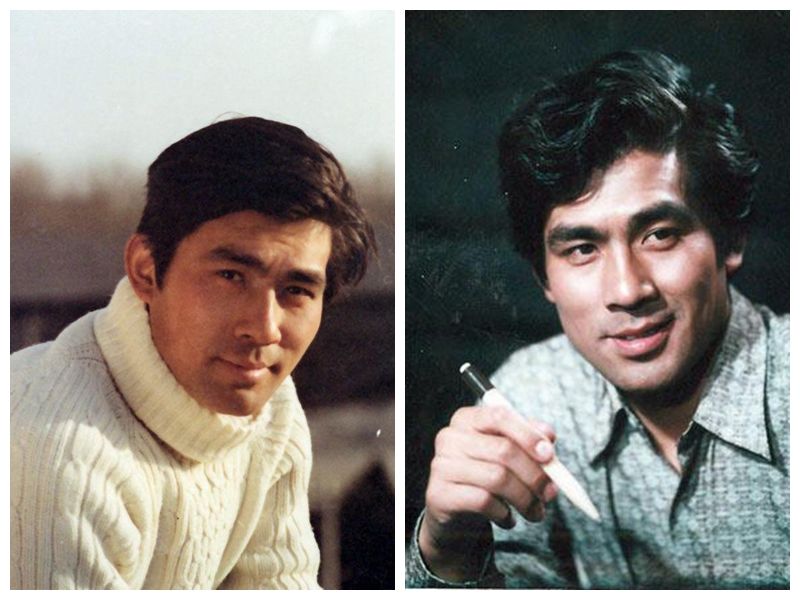
朱时茂受欢迎,是因为他几乎满足了那个年代对于男神的所有标准。浓眉大眼(big eyes and bushy eyebrows),一看就是好人,当过兵,荧幕形象有强烈的爱国(patriotism)情感。
到了90年代,香港演员周润发和刘德华受到追捧,无论男女都趋之若鹜。他们出演过很多义匪和雅贼(play wisecracking gangsters and suave thieves),他们是那个年代审美标准(aesthetic standard)的代言人。
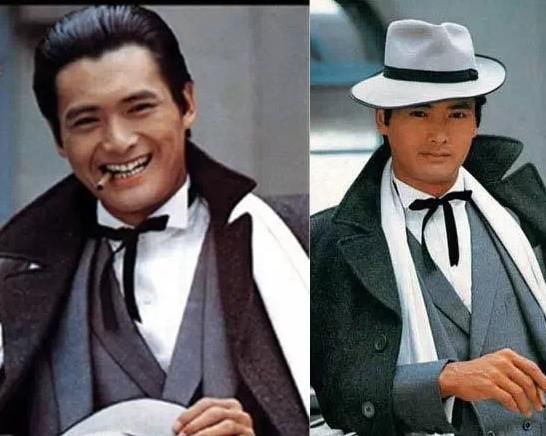

大热偶像剧《流星花园》席卷大陆,改变了很多国人有关男性的审美标准(overturn many Chinese people's aesthetic standards for men)。
The male stars of that series had long and dyed hair, fair skin, and beautiful feminine faces, winning the hearts of school girls.
剧中男星有着染过的长发、白腻的肌肤和的少女般美丽的面庞,赢得了女生的芳心。

同一时期,随着类似日韩偶像剧的到来,有着秀美精致形象(dainty and delicate features)的韩国偶像男团受到中国年轻观众的青睐。
有评论人士称,中国经济的增长(economic growth),人们生活水平的提高和全球时尚潮流趋势(global fashion trends)都是促使人们审美标准发生变化的原因。
"After China's opening-up, more people have been exposed to the beauty standards of Japan,South Korea and the West. Gender neutrality has been a global trend in recent years," he said.
他表示,中国改革开放后,更多人接触到日韩及西方世界的审美标准。近年来,性别中性已成为一种全球趋势。
(中国日报网英语点津 丁一)









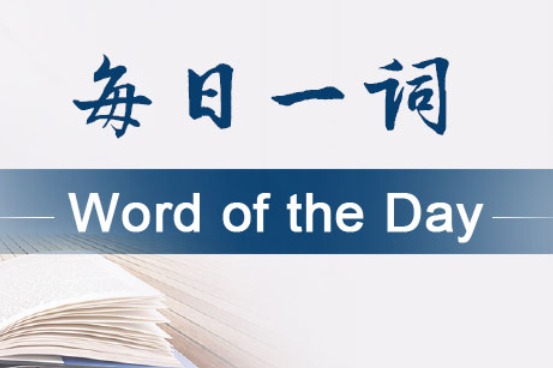
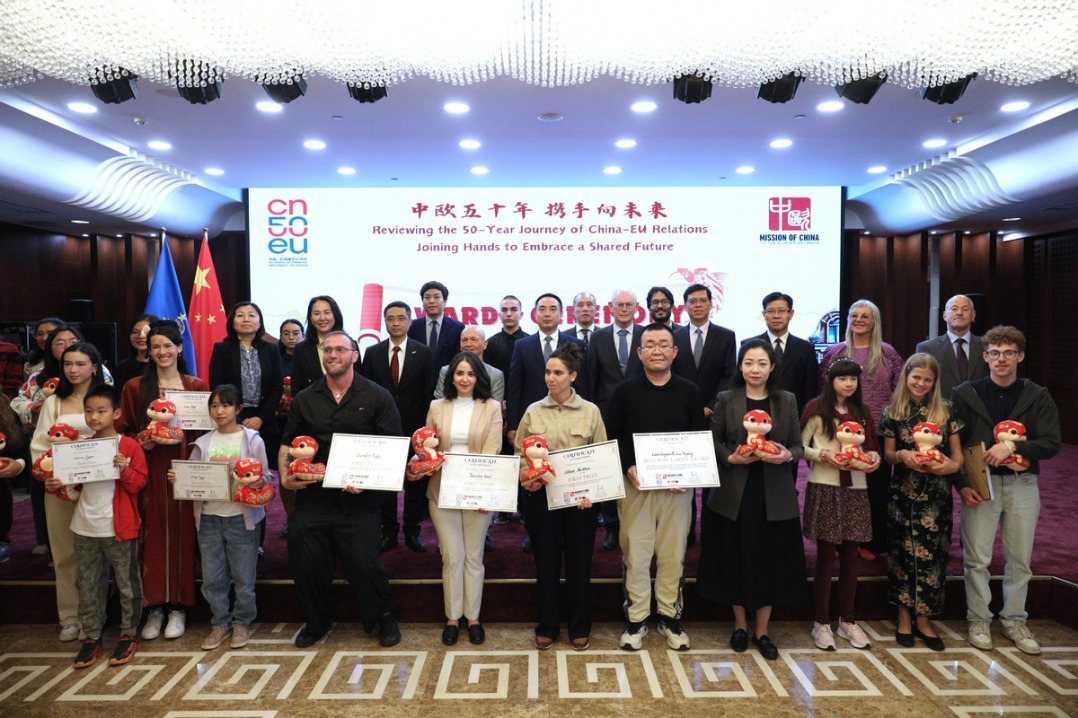
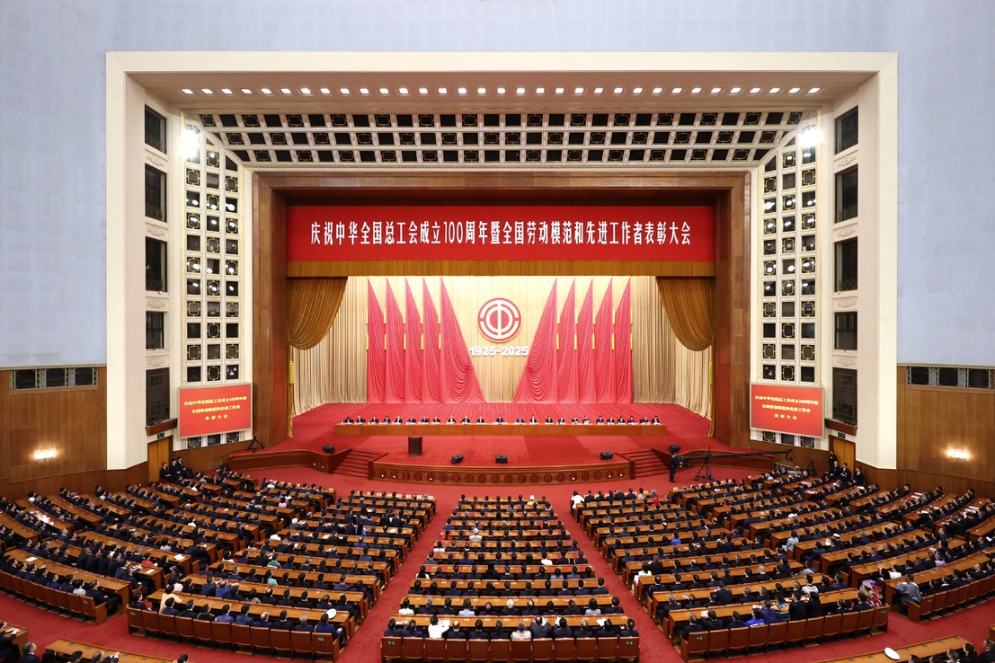





 英语点津微信
英语点津微信 双语小程序
双语小程序